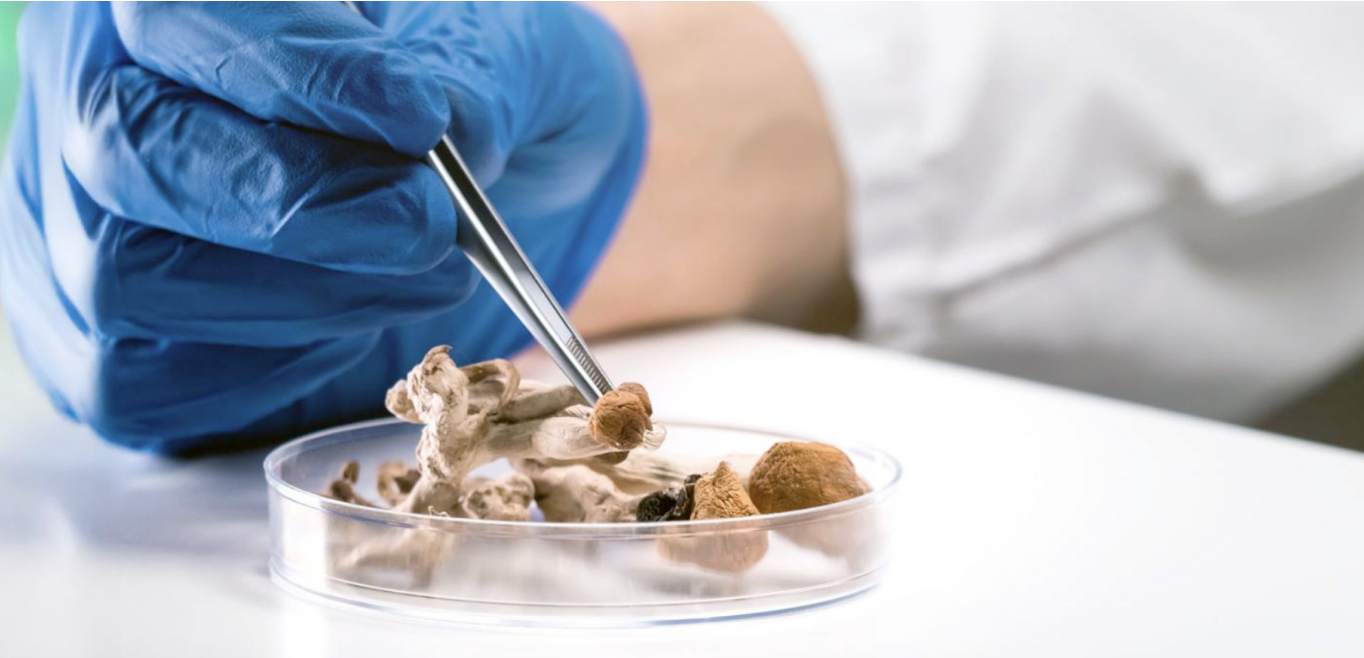atai Life Sciences and Beckley Psytech successfully completed Phase IIb of their study of their new psychedelic therapy.
atai Life Sciences and Beckley Psytech announced that BPL-003, a psychedelic therapy they've developed, met its primary endpoint in a Phase IIb study in patients with treatment-resistant depression.
If you’re unfamiliar, BPL-003 is a synthetic intranasal formulation of 5-MeO-DMT benzoate, and it's currently under investigation in clinical trials as a potential medical treatment for depression and alcohol use disorder.
The companies are now preparing to advance an 8mg dosing to Phase III studies, with plans to engage with the FDA for trial designs of this treatment for treatment-resistant depression in the coming months. Check it out: https://www.beckleypsytech.com/posts/atai-life-sciences-and-beckley-psytech-announce-positive-topline-results-from-the-phase-2b-study-of-bpl-003-in-patients-with-treatment-resistant-depression
Researchers from Columbia University Maliman School of Public Health announced they discovered that inflammation – which has long been considered a hallmark of aging – may not be a universal experience.
Based on a comparison of industrialized populations with Indigenous groups, they found that while inflammation rises with age in industrialized societies, it remains stable and infection-driven in non-industrialized populations, and does not lead to chronic disease. These findings suggest that aging biomarkers like inflammation may not be biologically universal but rather shaped by specific cultural and ecological contexts.
Authors of the study are now calling for a reevaluation of how aging and inflammation are measured across populations and emphasizing the need for standardized, context-aware tools. According to Dr. Alan Cohen, the lead author of the study, factors such as environment, lifestyle (such as high physical activity or a very low-fat diet), and infection may all influence how the immune system ages. And understanding how these elements interact could help develop more effective treatment strategies. Here’s more: https://www.nature.com/articles/s43587-025-00888-0
A new study published in Nature Metabolism, has revealed that neurons can burn fat. This challenges the long-held belief that the brain relies solely on glucose for fuel.
Researchers discovered that when glucose is scarce, synaptic activity triggers neurons to break down lipid droplets and use the resulting fatty acids for energy. This lipid metabolism process is regulated by electrical activity and is essential for maintaining brain function, especially under stress.
According to lead author of the study, Dr. Mukesh Kumar, this research may encourage the further investigation of neurodegenerative conditions and the role of lipids in the brain. Glucose fluctuations or low levels of glucose can occur with aging or neurological disease, but fatty acids broken down from lipid droplets may help to maintain the brain’s energy. Absolutely fascinating stuff! You can read more about this groundbreaking research here: https://www.nature.com/articles/s42255-025-01321-x
Did you know that a single psilocybin trip can deliver two years of depression relief for cancer patients?
According to the results from a clinical trial published in the journal Cancer, a single dose of psilocybin, combined with talk therapy, significantly reduced emotional suffering for up to two years in cancer patients.
An ongoing randomized, double-blind trial is now evaluating up to two doses of 25 mg of psilocybin versus placebo as a treatment for depression and anxiety in patients with cancer. This study is building on the single-dose study in an effort to bring a larger majority of the patients into remission of depression and anxiety. Check it out: https://acsjournals.onlinelibrary.wiley.com/doi/10.1002/cncr.35889
